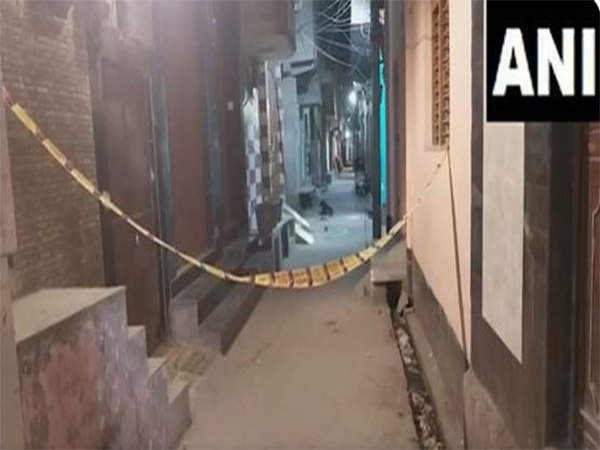How India reformed investment landscape in J-K
Apr 25, 2022

Srinagar (Jammu and Kashmir) [India], April 25 : The Centre's strategy of prioritizing the development agenda through infrastructure creation in Jammu and Kashmir (J-K) has begun showing results on the ground.
The Union Territory, fondly referred to as the crown of India, had traditionally lagged behind due to some legacy legislations, preventing it from joining the development bandwagon of the country. However, the removal of some controversial and growth impeding Constitutional provisions in 2019 provided a new lease of life to J-K's economy.
The following two and half years ushered in some historic changes in policy and governance, putting J-K on the development path. For attracting investment, the government of India and the UT administration focused on reforms such as ease of doing business and land and capital provisions.
The changes then acted as a catalyst for growth for J-K's industry and infrastructure by attracting potential investors to various sectors. The results have been splendid. In the last year alone, the UT has received investment proposals worth Rs 52,155 crore. The significance of the amount can be gauged from the fact that it is close to four times the total investment reaching J-K in the previous 70 years. The sharp increase in investment is not only a mark of improvement in the confidence of investors but also the success of government policies.
Land availability and allotment policy are key concerns for any investor desirous of setting up industrial units in an area. Almost 17,970 kanals (equivalent to about 2220 acres) of land has been allocated here for the industry during the last two years. The investors have shown interest in various sectors to take advantage of the incentives offered by the government. Industry-wise, Food processing, textiles and readymade garments, and the hotel and hospitality sector have emerged as the main draw for the investors.
Other than land, the availability of capital is considered to be a decisive factor in setting up industries in any developing economy. Here, the government has provided the Central Capital Investment Incentive to investors in J-K under which 30 per cent of the investment in plant and machinery is made available to the entrepreneurs. There is another incentive, namely, the Central Interest Subvention Scheme, which promises working capital funding at a modest interest rate of 3 per cent. An insurance scheme by the name of Central Comprehensive Insurance Incentive provides the needed cushion in case of risk to the businesses. Apart from this, the government has also offered Goods and Service Tax linked incentives in J-K.
The impact of increasing investment is visible both in terms of diversification of industries and increase in employment in J-K. Since, investment applications received up to 2022, envisage creating 2.4 lakh jobs, the employment factor is particularly important for J-K and its society. The availability of more avenues would positively impact the youth who will be motivated to change their path from radicalization toward nation-building. The recent developments have instilled great hope for a better future for the people of J-K.

















